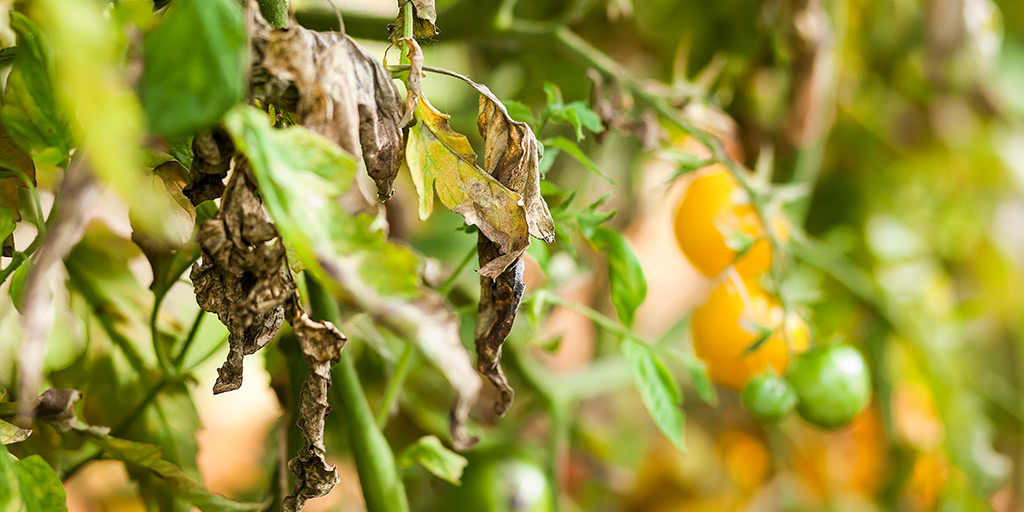For gardeners aiming to cultivate bountiful crops and beautiful ornamentals, understanding the role of nutrients is crucial. Most are familiar with the “N.K.P” in commercial fertilizers: Nitrogen (N), Phosphorus (P), and Potassium (K). However, these are just a portion of the major nutrients required by plants in relatively large amounts. The other essential nutrients include sulfur, calcium, and magnesium. Together, these elements contribute to strong, healthy plant growth. In addition to these, plants also need minor nutrients in smaller amounts, which are equally vital for their development and overall health. This blog post will delve into the significance of both major and minor nutrients, helping you optimize your garden’s potential.
Major Nutrients
Major nutrients are the essential building blocks for plant growth, required in relatively large amounts. Nitrogen, phosphorus, and potassium, commonly known as “N.K.P,” are crucial for processes like photosynthesis, root development, and overall plant vigor. Alongside these, minor nutrients play vital roles in strengthening cell structures and enhancing nutrient uptake. Together, these nutrients ensure robust, healthy plants and bountiful harvests.
Nitrogen (N)
Nitrogen is the most critical yet frequently deficient nutrient in plant growth worldwide, as soils require it in the greatest amounts. Due to its high volatility, nitrogen often escapes into the air and leaches away with runoff water, necessitating frequent application, especially in soils with low organic content. Essential for photosynthesis, healthy cell growth, and reproduction, nitrogen is vital in producing chlorophyll and amino acids, promoting shoot and leaf growth.
Potassium (K)
Potassium activates plant enzymes, regulates water loss through stomata on leaves, and is essential for root formation and food storage. Severe deficiencies can cause deformed, stunted, or yellow leaves, weak stems, and premature fruit drop.
Phosphorus (P)
Phosphorus is required for cell growth and plant reproduction and is crucial for flower and fruit formation. Too little phosphorus can result in stunting, but too much can cause bitter flavor in crops. Symptoms of phosphorus deficiency are often mistakenly attributed to viral diseases.
Minor Nutrients
The term “minor nutrients” can be misleading. While needed in smaller amounts than the major nutrients, they are no less essential for plant growth. These essential minor nutrients are the “secret weapons” of successful gardeners and farmers. Despite their critical importance, most fertilizers do not include them. In contrast, our all-natural Perfect Balance™ custom fertilizer restores five key minor nutrients to effective levels. Minor nutrients include:
Boron
Boron is the most widely deficient minor nutrient in vegetable crop soils. It is needed for protein synthesis and increases flower set, crop yield and quality. In combination with adequate phosphorus, boron increases pollination, fruit set and seed development.
Calcium
Calcium is essential for cell division and plant growth. Its buffering characteristics are critical for maintaining soil balance and largely determine the availability of other nutrients. Calcium plays a vital role in overall plant health and nutrient uptake.
Copper
Plants need copper in small amounts for proper growth, but most soils are deficient in this essential nutrient. Copper is vital for various plant processes, yet excessive copper can be toxic to roots and leaves. Therefore, it’s crucial to have the soil professionally tested before applying any copper.
Iron
Iron is essential for plants to produce chlorophyll, which is vital for photosynthesis. It also plays a crucial role in the synthesis of plant proteins and aids in nitrogen fixation. These functions make iron indispensable for healthy plant growth and development.
Manganese
Manganese accelerates seed germination and speeds up the fruiting and ripening of crops, benefiting overall plant productivity. Its presence is crucial for healthy growth, as deficiencies can lead to yellowing, cupping, or spotting of leaves, stunted growth, and reduced crop yields. Manganese is vital for robust plant development and optimal harvests.
Magnesium
Magnesium is an essential component of chlorophyll, crucial for photosynthesis. Balanced levels of magnesium and calcium are necessary, as imbalances can negatively affect the availability of many other nutrients. Thus, magnesium plays a vital role in overall plant health and nutrient uptake.
Sulfur
Sulfur increases the protein content of crops and stimulates rapid root development during early growth. Adequate sulfur is crucial, as its deficiency is often a limiting factor in garden soils. Thus, sulfur plays a vital role in overall plant health and development.
Zinc
Zinc is crucial for plant growth, as it plays a key role in enzyme function and the synthesis of proteins and hormones. It aids in the production of chlorophyll and is essential for proper leaf development and stem elongation. Adequate zinc levels improve overall plant health and resilience, leading to better crop yields.
Test Your Soil
Testing your soil for nutrients is crucial for optimal plant health, as plants can suffer from excess nutrients just like people can from too much of a good thing. For instance, while boron and copper are essential in small amounts, excessive amounts can be toxic to plants. A soil test helps determine which nutrients are already abundant and which are needed, ensuring a perfect balance. This prevents nutrient deficiencies or toxicities, promoting healthy and robust plant growth.

